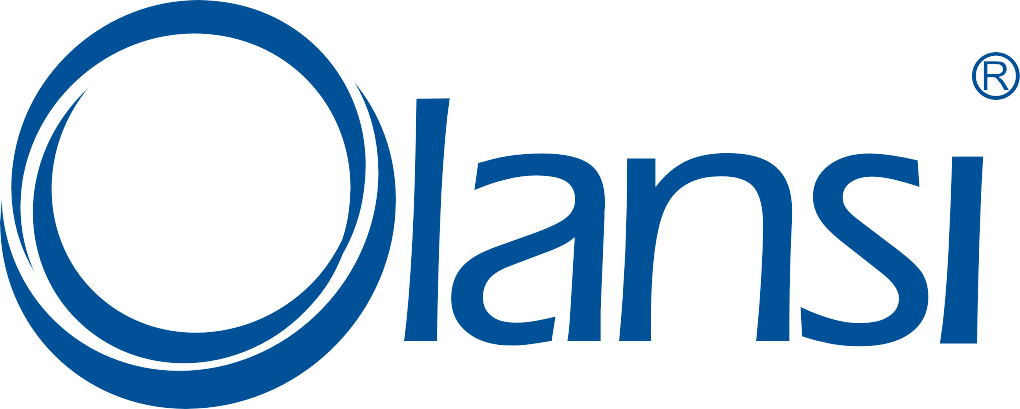This portable air filter is like a Brita for your personal space
Raymond Wu stepped off the plane in Beijing, China, after his first semester of college in the US and entered a thick cloud of fog. At least, he thought it was fog. It smelled “faintly of car exhaust and scorched metal,” and blanketed the vehicles in the parking lot with dust.
It turned out to be pollution. And the crisis stretched far beyond China’s walls.
The experience later inspired Wu to quit his job as a tech investor and invent a personal air purifier that would provide users with a “bubble” of clean air whever they go.
The Wynd, which launched on Kickstarter on June 2, looks like a thermos made by Apple (it was actually designed by Mike Nuttall, a cofounder of global design consultancy IDEO). Its sleek white body is covered in pockmarks that absorb ambient air.
Inside the device, a medical-grade air filter captures particulates (airborne matter that includes allergens, germs, and industrial pollution) above a certain weight. The purified air is diffused through the device’s top, delivering a jetstream of pollutant-free air.
Wynd works best when set up in a small, enclosed space. The company claims it cleans over 70% of particles in a car cabin in under 10 minutes. If you want to keep baby breathing easy as you run errands together downtown, the company sells a clip for the Wynd so it can attach to the inside of a stroller.
Wynd’s engineering lead, Eric Munoz, is a former aerospace engineer. His experience crafting jet and rocket turbine blades helped him to build the fan components that make Wynd relatively quiet yet powerful.
An enclave of clean air that surrounds you and fuels you through the day sounds pretty neat. But the system isn’t without its faults.
The device sits on a kickstand angled at your face, directing the stream of purified air. On a low setting, it makes about as much noise as a small desk fan.
I can’t imagine bringing it to work and setting it on a conference room table. It would invite so many questions, I think it’d find a new home in my desk drawer after a few days.
Still, for people who suffer from extreme allergies or travel to countries such as India and China, where the air pollution crisis presents serious health risks, a Wynd for the cost of $189 (or $139 through the end of the Kickstarter campaign) might be worth it.
Employees at Apple and Google are currently testing the device on business trips to China, according to Wu.
There is little data on how Wynd’s effectiveness compares to competitor purifiers. However, the company claims the sensor in the device, which detects when it’s time to turn on, is as accurateas the high-end, professional-grade air quality monitor TSI DustTrak, which retails for around $5,000 and is as large as a handheld vacuum.
The Wynd has a battery life of eight hours, or a typical workday.
Filters last three to six months depending on the severity of the pollution in your personal space. Because the device is Bluetooth-connected, your phone will alert you when it’s time to order a replacement filter, which cost $7 each.
While the Wynd sounds like an expensive gizmo with limitations, Wu hopes the device will become as ubiquitous as Brita filters for clean water.
“Clean air is something everyone should aspire for,” he tells Tech Insider.

